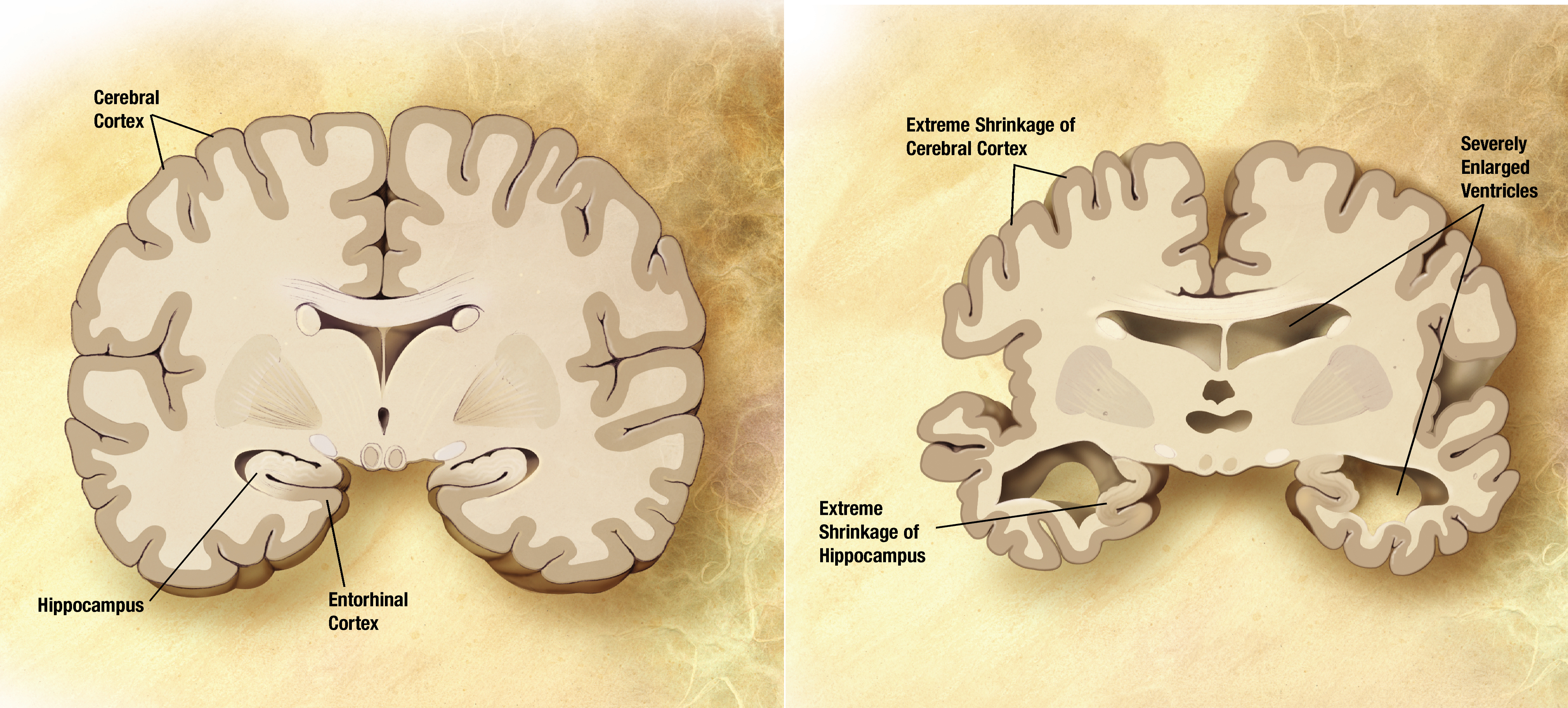Expert Reaction
These comments have been collated by the Science Media Centre to provide a variety of expert perspectives on this issue. Feel free to use these quotes in your stories. Views expressed are the personal opinions of the experts named. They do not represent the views of the SMC or any other organisation unless specifically stated.
Dr Bryce Vissel is a Professor in the School of Clinical Medicine at UNSW and Director of the Centre for Neuroscience and Regenerative Medicine at St Vincent's Hospital Sydney
We should be encouraged by the enormous amount of research effort in Alzheimer’s disease at present. Alzheimer’s patients and their families should be greatly encouraged that we will achieve a major breakthrough in the next two decades. There is still much work to do and scientists are determined to make a difference to the lives of those who have dementia in any form.
The recent outpouring of news on Alzheimer’s disease is coming from a range of presentations being made at the annual Alzheimer's Association International Conference. The big news at present is about three different drugs, called Solanezumab (Eli Lilly), Aducanumab (Biogen) and Anavex 2-73 (Anavex). However, the important point at present is that, while there appears to be some positive news regarding Solanezumab, this is not the time to claim that we have made a breakthrough in slowing the pace of Alzheimer's. The data being presented at the conference is preliminary. It has occurred in Alzheimer’s research before that exciting preliminary data does not hold up upon further investigation. Next year, when further trial results are due, we will know with higher certainty whether Solanezumab offers the possible breakthrough everyone hopes.
About the drugs that are in the media today:
Anavex 2-73 is a drug that is being trialled in early stage clinical trials. It is intended to reduce loss of nerve cells that occurs in Alzheimer’s disease. Many drugs that showed promise early on in a few people failed to show benefit in subsequent studies. There is some early indication that it may be having some benefit in a very early stage small trial. However, this drug is still in early phase testing in humans and it is entirely unclear as to whether this drug will offer the benefit that is hoped.
Solanezumab and Aducanumab are drugs that have been made, and that are now being tested, by Eli Lilly and Biogen Idec respectively. These drugs are intended to work by clearing a substance called amyloid from the Alzheimer’s brain. The role of amyloid in Alzheimer’s remains controversial, as does the extent to which removing amyloid from the brain will work in people.
The previous preliminary data for Aducanumab was promising, but an announcement today by the company suggests that, on further study, Aducanumab may not truly help with the memory problems seen in Alzheimer’s disease. More work is needed.
Solanezumab, on the other hand does appear more promising at this early stage. It appears that, if given to people early in the disease, it may offer some benefit. However we must wait for the results of another large trial before the company can make any clear statement.
Dr Ian Musgrave is a Senior Lecturer in the Faculty of Medicine, School of Medicine Sciences, within the Discipline of Pharmacology at the University of Adelaide.
Alzheimer's disease is a distressing, progressive disease where brain function is lost as nerve cells within the brain die. Typically memory is lost first, then other aspects of brain function.
Currently we have no therapies that affect the underlying mechanisms of the disease. While we still do not fully understand the cause of the disease, it is believed to be due to two proteins, beta–amyloid, which is toxic to nerve cells, and tau, which affects nerve function. Both are thought to play key roles in the progression of Alzheimer's.
Experimental therapies have looked at protecting nerve cells from toxicity, prevention of the formation of the toxic forms of the proteins or removal of beta-amyloid. So far, progress has been very disappointing, and drugs that have been promising in early stages of development have failed to be effective in larger studies. One possible reason is that we need to intervene very early to prevent damage.
Solanezumab and Aducanumab are antibodies that remove the toxic amyloid protein. While they seem to be effective at removing amyloid, they have had less success at preventing memory loss.
Trials of Solanezumab in early, mild Alzheimer's seem to show more effect, and larger clinical trials are going ahead to see if this can be confirmed. Anavex 2-73 acts to protect nerve cells from damage, it seems to be promising in early trials, but it is too early yet to determine if it provides long term protection.



 Australia; International; VIC
Australia; International; VIC

